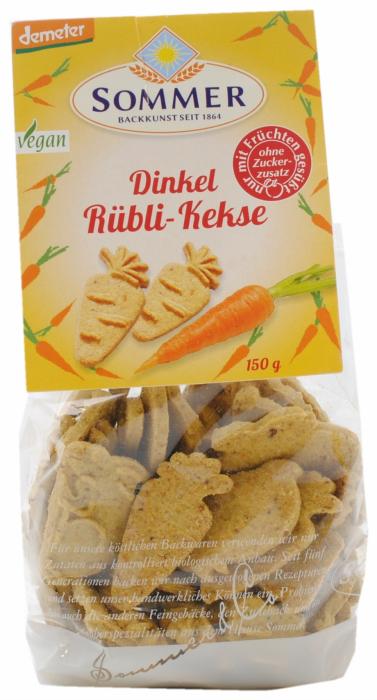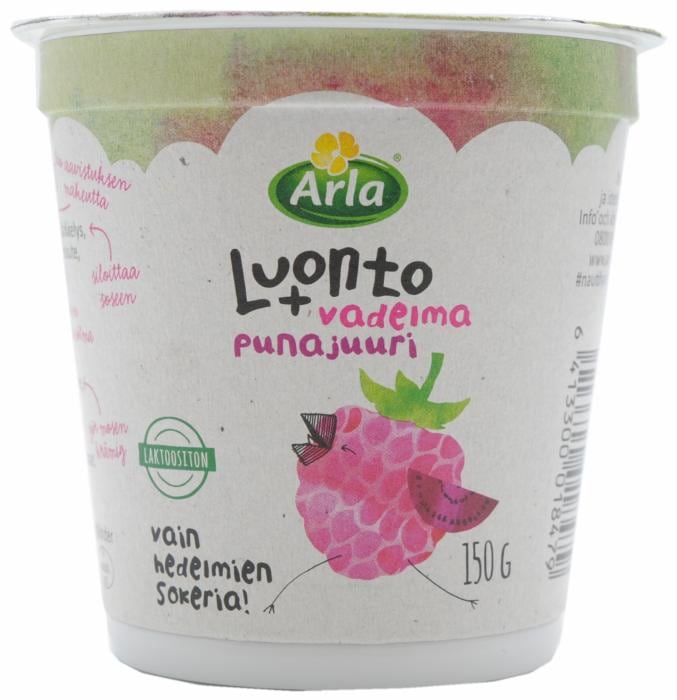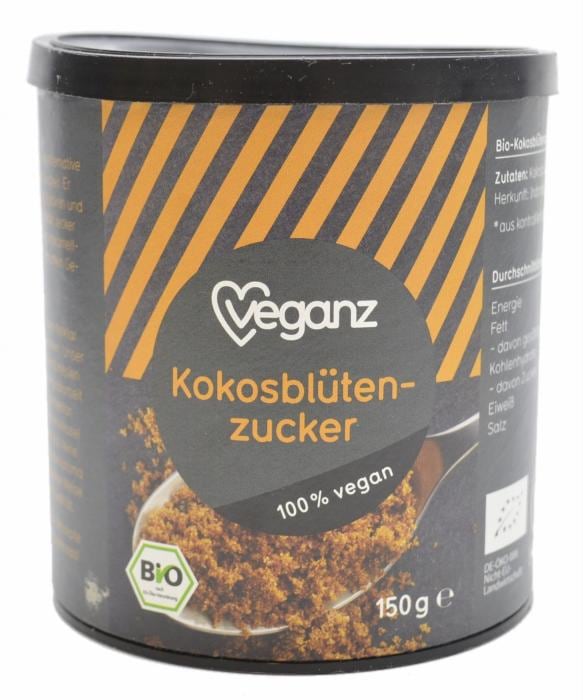Low Sugar Innovations
German brand, Sommer Spelt, released a new organic carrot biscuit, which is sweetened only by fruit, with no added sugar.

© Mintel/Sommer
Arla Luonto+'s Raspberry & Beetroot Yogurt is free from lactose and additives and contains AB lactic acid bacteria and only sugar derived from fruit.

© Mintel/Arla
A coconut blossom sugar, described as a replacement for sugar and sweeteners in baking and hot drinks, is being distributed by Veganz in Germany.

© Mintel/Veganz
Consumers in Europe are searching for more natural sweeteners, with stevia being the most popular table top sweetener in France, Germany, Italy and Poland, Mintel’s research on table top sweeteners shows. However saccharine is still most popular in Spain.
Despite the use of natural sugars, candy is still a struggling market in Europe.
Mintel’s director of insight, food and drink, Marcia Mogelonsky, says that the chocolate and confectionary market may cease to grow in 2017 due to the focus on the detrimental health effects of sugar and obesity.
“The slowing of both markets suggest that permissibility [of eating candy] may not be enough to keep chocolate, sugar, and gum confectionery growing, at least in developed markets” Mogelonsky said.
She continued to say that the blurring of lines between food groups may help the candy markets however.
“Consumers do not think of the products as candy but as snacks. Coupling the indulgent feeling of chocolate or sugar confectionery with better for you (BFY) ingredients such as fruit or grain can make the products more permissible because consumers balance the “good” (grains, superfruits) with the “bad” (confectionery)” she added.
This could be attributed to the global obesity pandemic, followed with sugar taxes being introduced in most countries.
Consumers are now searching for healthier alternatives to processed sugar and artificial sweeteners.
In 2015, 5% of new sucrose products contained the word raw, catering to the consumer need of buying natural sugars and sweeteners. This is in contrast to the use of the word ‘organic’ which is not as common in Europe as in the US.
Analysts at Mintel say the use of ‘raw’ in product description is helping in lowering the connotation that all sugar is highly processed.
However replacing artificial sugars with natural sugars is very expensive and has not always been successful, say Mintel.
Mintel’s report on uses of sweeteners in Europe 2016 shows that for most countries 25-34 year olds are the most likely to use sweeteners, although in Italy the highest sweetener consumption was within the age range of 55 and up.
Many products launched in 2016 had a reduced or no sugar claim. Norway claimed to have 7.85% of its new products contain less sugar, whereas only 2.54% of Italy’s new products did.
The leading use of sweeteners in new products in Europe is in beverages (41%), being followed by sport and energy drinks (37%).
Desserts and ice cream, and snacks were at the lowest end of the spectrum with only 13% and 11% of new products containing sweeteners, respectively.
The natural sugars that are now becoming mainstream in Europe were formally only available in health stores and at a higher price.
Healthy foods have become more accessible recently, making the need to snack on sugar obsolete. However, it has been argued that there is still concern over how accessible healthy foods are for lower income households, as they are still most at risk of food-related health issues.
The debate on sugar and sweeteners has gained wide coverage, with many people getting involved, including British comedian David Mitchell writing a comment piece on the subject for The Guardian
